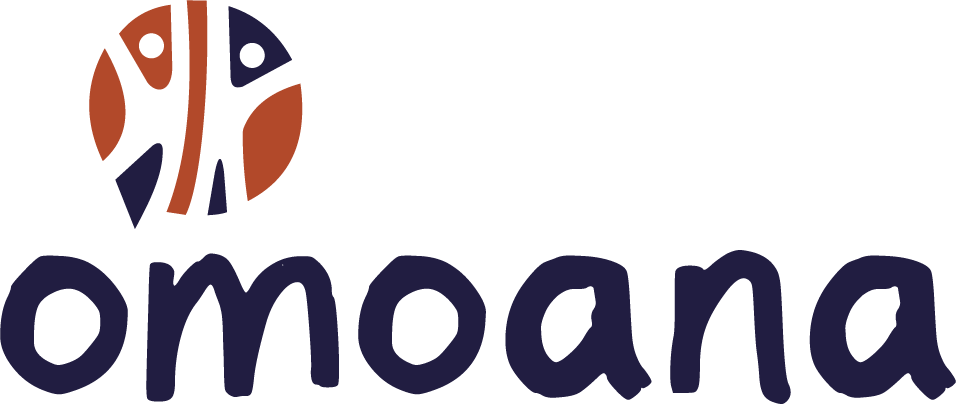Building a new narrative for peace with the youth of Mosul
Omoana strengthens the resources of young people as actors in the development and social cohesion of their country. Originally active in Uganda, with a wealth of experience working with young people formerly affiliated to the Lord’s Resistance Army (LRA), the organisation has developed expertise in psychosocial support through art and in mental health. As a result, it has decided to extend its activities to Iraq, a country where young people face similar dynamics of violence, with many children and young people associated with armed groups, having serious consequences for their well-being.
Developing social skills and preventing violence among young people
A long history of violence
With almost a quarter of the Iraqi population aged between 15 and 24, young people are the backbone of the country’s social, economic and political transformation. However, they are disproportionately affected by conflict. After the Islamic State (EI) occupied much of its territory, much remains to be rebuilt. Iraqi children and young people have been greatly affected by the crisis. They have suffered and sometimes committed high levels of violence. Despite the environment in which they lived and the groups they joined, they must be given the opportunity to build a new narrative for peace.
Years of conflict between Iraqi security forces and the EI have devastated the north of the country. According to the United Nations Office for the Coordination of Humanitarian Affairs (UNOCHA), nearly 664,000 children are at risk of protection. Of these children, 122,000 are living in critical shelters with limited access to essential services. The lack of livelihood opportunities for their families and the COVID-19 epidemic have had a negative impact on their income-generating potential. As a result, children continue to be exposed to the risks of child labour and early marriage. Around 456,000 children still lack basic civil status documents and almost 300,000 school-age children do not regularly attend formal or informal education, putting them at increased risk of recruitment by armed groups in the areas where they operate. More than 1,000 children remain deprived of their liberty for national security reasons. Children from families previously associated with armed groups, or perceived to be so, are discriminated against and face difficulties integrating into their communities.
The protection issues mentioned above are factors that encourage young people to return to armed groups. Be that as it may, the social integration of young people at risk of recruitment by violent extremist groups remains a key and complex issue that needs to be addressed.
Art for peace and protection for the children of Mosul
Omoana’s first partner in the country will be Aid Gate Organization (AGO). Aid Gate Organization (AGO) is an independent, non-partisan national organisation with a history dating back to 2014 with the start of the occupation of much of Iraq by The Islamic State (EI). AGO works tirelessly to help internally displaced people, refugees, asylum seekers, returnees and vulnerable host communities in Iraq. The aim of the new project, implemented with technical and financial support from Omoana, will be to build the capacity, resilience and talents of children and young people affected by conflict through arts-based initiatives and protection services. It will target children and young people in detention, as well as those in at-risk communities. The approach aims to work at different levels to support the reintegration of children formerly affiliated to armed groups and to promote the well-being of young people in communities. At an individual level, children in conflict with the law will be monitored to ensure they have access to legal services and professional education and training. Low-intensity psychological support will also be available. Their families will also be supported and advised on the best ways to care for a child or young person after detention. Children and young people in detention and in the communities will receive peace education sessions to strengthen their social skills and critical thinking and prevent violence. They will also benefit from artistic activities to develop their talents and personal confidence. Young people in the communities will also be encouraged to organise their own community events on peace-building themes. Tools such as forum theatre and the creation of murals will be used. Social workers from AGO and the public services will also receive training in peace education for young people and in low-intensity psychological services.
Preserving the dignity of children affiliated to armed groups is no easy task. It requires commitment, networking and technical skills. We are striving to work with national and international experts to respond to these challenges as effectively as possible and to try to give them sympathetic attention, despite the violence of which they are above all victims.


